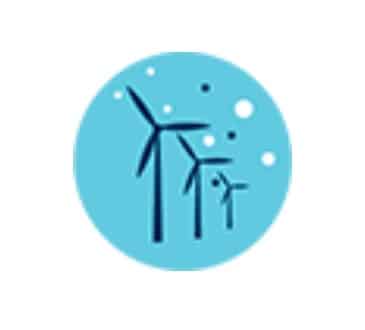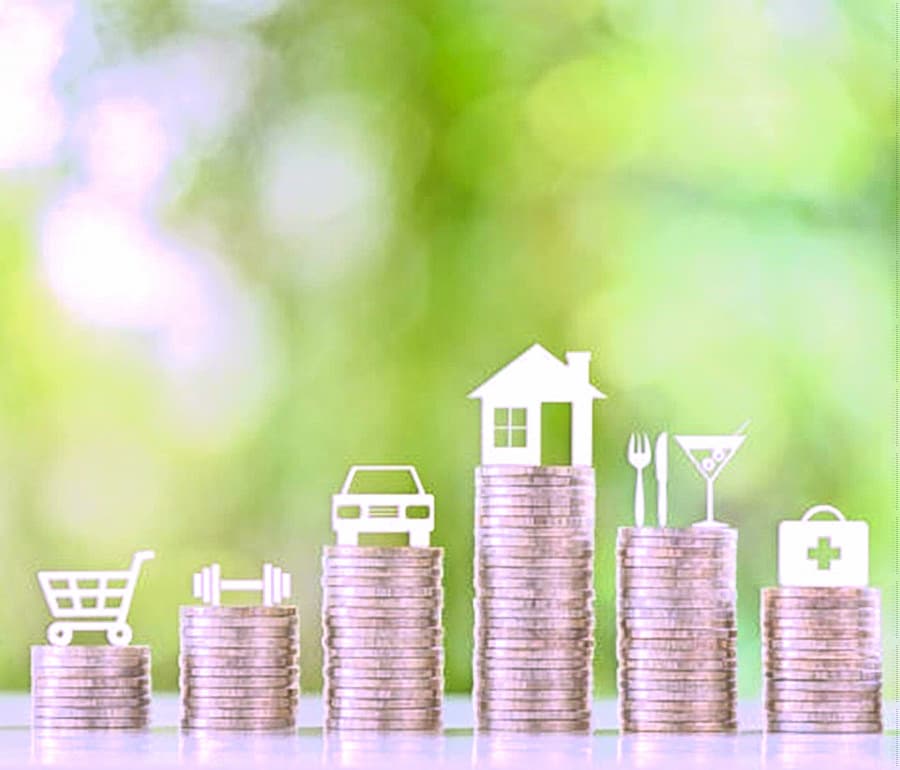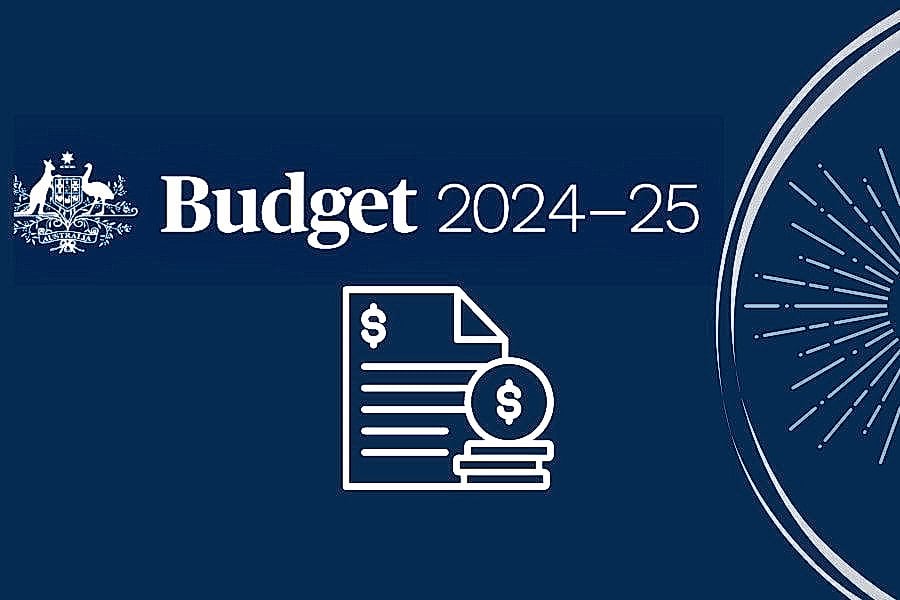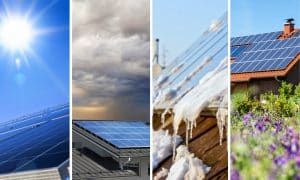Treasurer Jim Chalmers delivered the Australian Federal Budget 2024-2025 on May 14, 2024. With rising cost of living a major concern, the budget focused on easing pressure on households and businesses while investing in a future-oriented Australia. While the budget addressed various issues, key themes dominated the headlines.
Headlining the budget: $300 Energy Bill Relief for Aussie households

The budget’s most oversized news item was undoubtedly the $300 energy bill relief package for all Australian households. This measure, designed to combat the rising cost of electricity and gas, directly responded to many Australians’ concerns. The government hopes this relief will ease the financial burden on families and stimulate spending in other sectors.
Starting on July 1, 2024, more than 10 million households will receive a $300 rebate, and qualifying small companies will receive $325 annually on their electricity costs.
The 'Ute Tax': A compromise on emissions
Another significant announcement was the introduction of a fuel efficiency standard for light commercial vehicles, often referred to as utes (utility vehicles). This policy, dubbed the “Ute tax” by some media outlets, aims to incentivise the production and purchase of more fuel-efficient utes and reduce their carbon emissions.
However, the government has softened the initial proposals, considering exemptions for certain types of utes used for business purposes in rural and regional areas. This compromise acknowledges the importance of these vehicles in Australian industry while pushing for progress in emissions reduction.
"Future Made in Australia": Investing in a green economy

The 2024-2025 budget strongly emphasises “Future Made in Australia,” a series of initiatives to position the country as a leader in the global transition to a low-carbon economy. Here are some key aspects:
- $1.7 billion National Innovation Fund: This fund will support research and development in emerging clean technologies like green metals and low-carbon fuels. This investment is crucial for fostering innovation and ensuring Australia remains at the forefront of technological advancements.
- $566 million for critical mineral resource mapping: This initiative aims to identify and map out Australia’s reserves of critical minerals. This data will be vital for attracting investment in the mining and processing these essential resources.
- $13.7 billion in production tax incentives for renewable hydrogen and critical minerals: This significant investment aims to stimulate the production and export of clean energy sources like hydrogen and minerals essential for battery production. Australia is well-positioned to capitalise on these growing markets, and this funding aims to attract significant private-sector investment.
Power your home or business with the sunshine above and the wind at your back! Ditch the grid or off-grid and embrace clean energy independence with a customised solar + wind + battery storage system.
Energy Matters connects you with 3 FREE solar quotes from local, vetted installers, ensuring you get the perfect fit and the best price. Click today and unlock the future of energy!
Women's economic security and safety
The budget also addressed the ongoing issue of gender inequality. Notably, the government announced:
- Increased superannuation contributions on government parental leave payments: This measure aims to close the gender gap in retirement savings.
- Investment in childcare: This includes a potential pay rise for early childhood educators, which could improve the quality and availability of childcare for working families.
- Initiatives to address women’s safety: Specific details haven’t been released yet, but the budget outlines a commitment to tackling domestic violence and promoting women’s safety.
Other budget highlights
The budget also covered various other areas:
- Infrastructure spending: Continued investment in infrastructure projects is expected to boost economic activity and create jobs.
- Healthcare: The budget is expected to allocate resources to address healthcare challenges, including potentially reducing the cost of medications.
- Mental health: Continued support for mental health programs will likely be included.
Source: Budget.gov.au-Investing in a Future Made in Australia | Budget 2024–25

Balancing the budget: A long-term fiscal strategy
While the budget offers significant spending on key initiatives, it also underscores the government’s commitment to fiscal responsibility. Treasurer Chalmers acknowledged the existing budget deficit and outlined a plan for achieving a sustainable surplus over the medium term. This strategy emphasises economic growth driven by investment in productive sectors, with the expectation of increased tax revenue over time.
Reactions to the budget: A mixed-bag
As expected, the budget has received mixed reactions. Advocacy groups representing low-income earners expressed concerns that the $300 energy relief package might not offset the rising cost of living. Some environmental groups believe the “Ute tax” doesn’t go far enough to address emissions reduction goals.
Conversely, the business community generally welcomed the budget’s focus on clean energy and critical minerals, viewing it as an opportunity for job creation and economic development.
The road ahead: Challenges and opportunities
The 2024-2025 budget is a significant step toward addressing Australia’s economic and environmental challenges. However, the government faces several hurdles in the years to come. Managing the budget deficit, navigating rising inflation, and successfully transitioning to a renewable energy-powered economy will require ongoing effort and collaboration.
The success of the “Ute tax” will depend on its implementation and the availability of affordable, fuel-efficient alternatives for consumers. Similarly, the “Future Made in Australia” package will require careful planning and execution to ensure the investments translate into tangible benefits for Australian businesses and workers.
The 2024-2025 budget represents a cautious but optimistic vision for Australia’s future. By focusing on immediate relief for households, investing in a sustainable future, and addressing a range of social and economic priorities, the government aims to navigate a challenging financial landscape and create a more prosperous and resilient Australia.
Going solar
Are you looking to save money on your electricity bills and reduce your carbon footprint? Solar energy is the perfect solution! Energy Matters can help you get up to 3 FREE solar quotes from pre-qualified and vetted solar firms in your area.
Energy Matters has been a leader in the renewable energy industry since 2005 and has helped over 40,000 Australian households in their journey to energy independence. With Energy Matters, you can be sure you’re getting the best possible deal on solar energy. We only work with reputable solar firms with a proven track record of delivering high-quality solar systems.
Our Energy Matters CEO, Roshan Ramnarain will feature stunning homes installed with the latest solar technology every Saturday at 5:00 p.m. on Open Homes Australia on the 9Life channel. Be sure to watch this show; you won’t want to miss it!













































